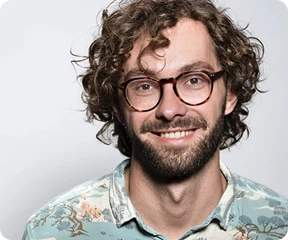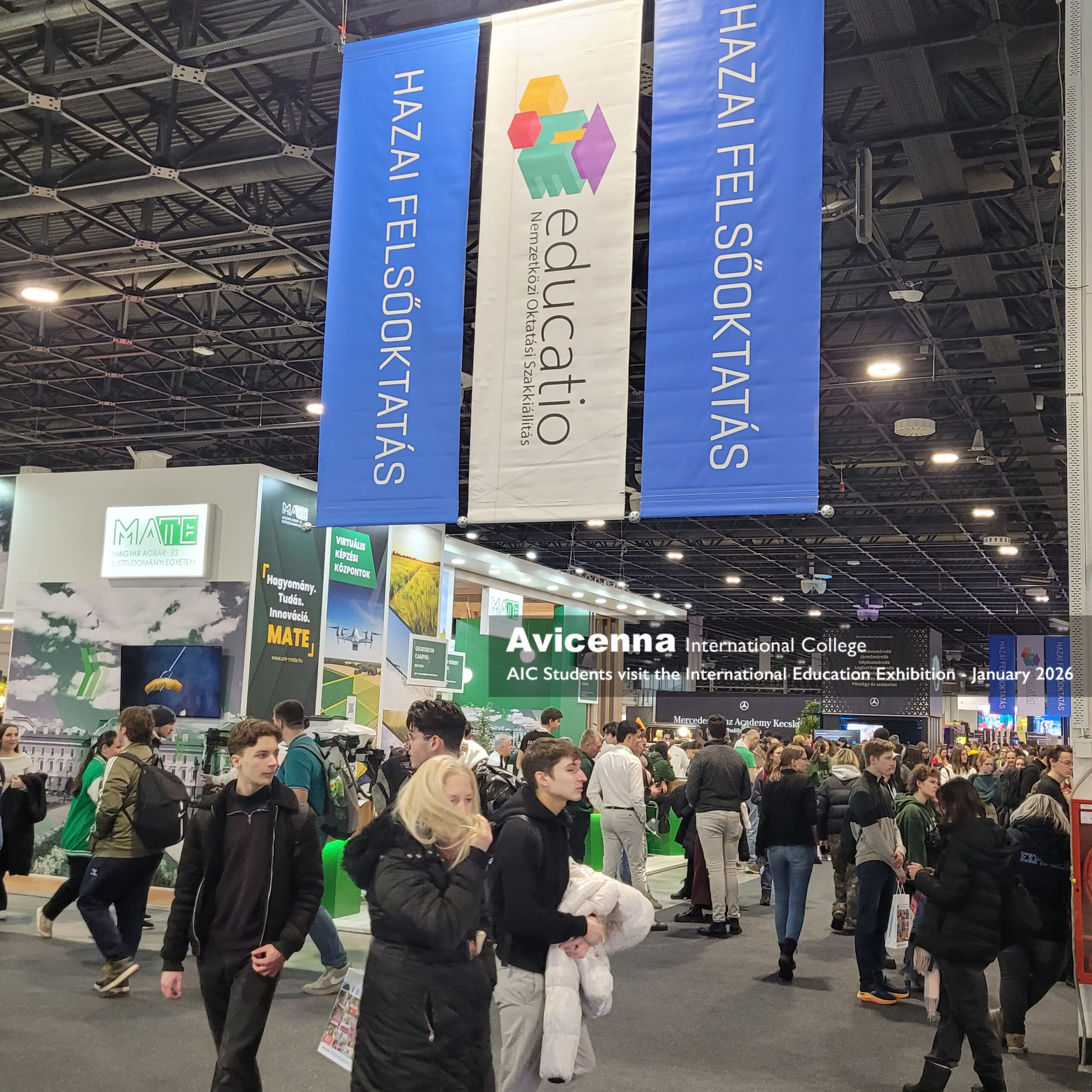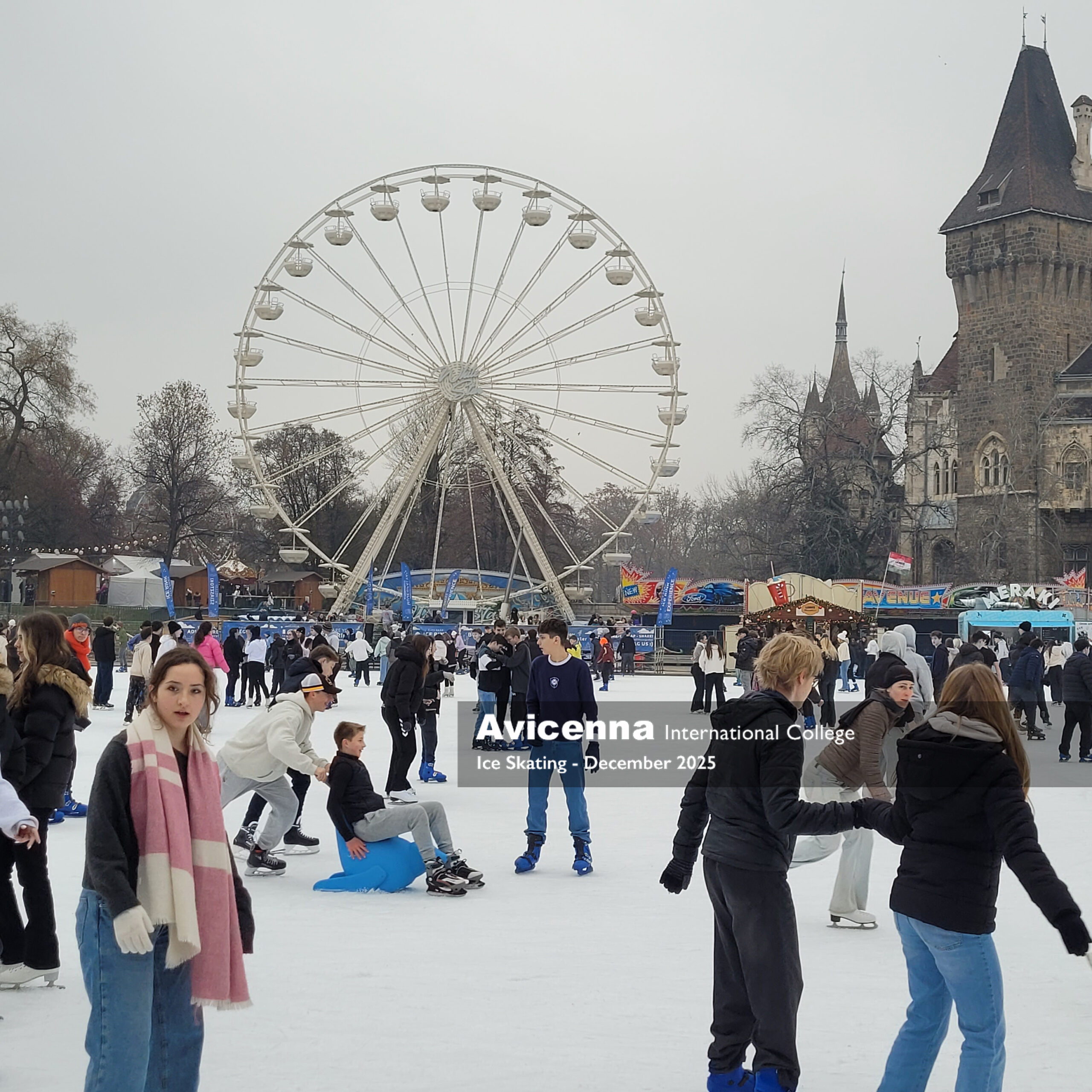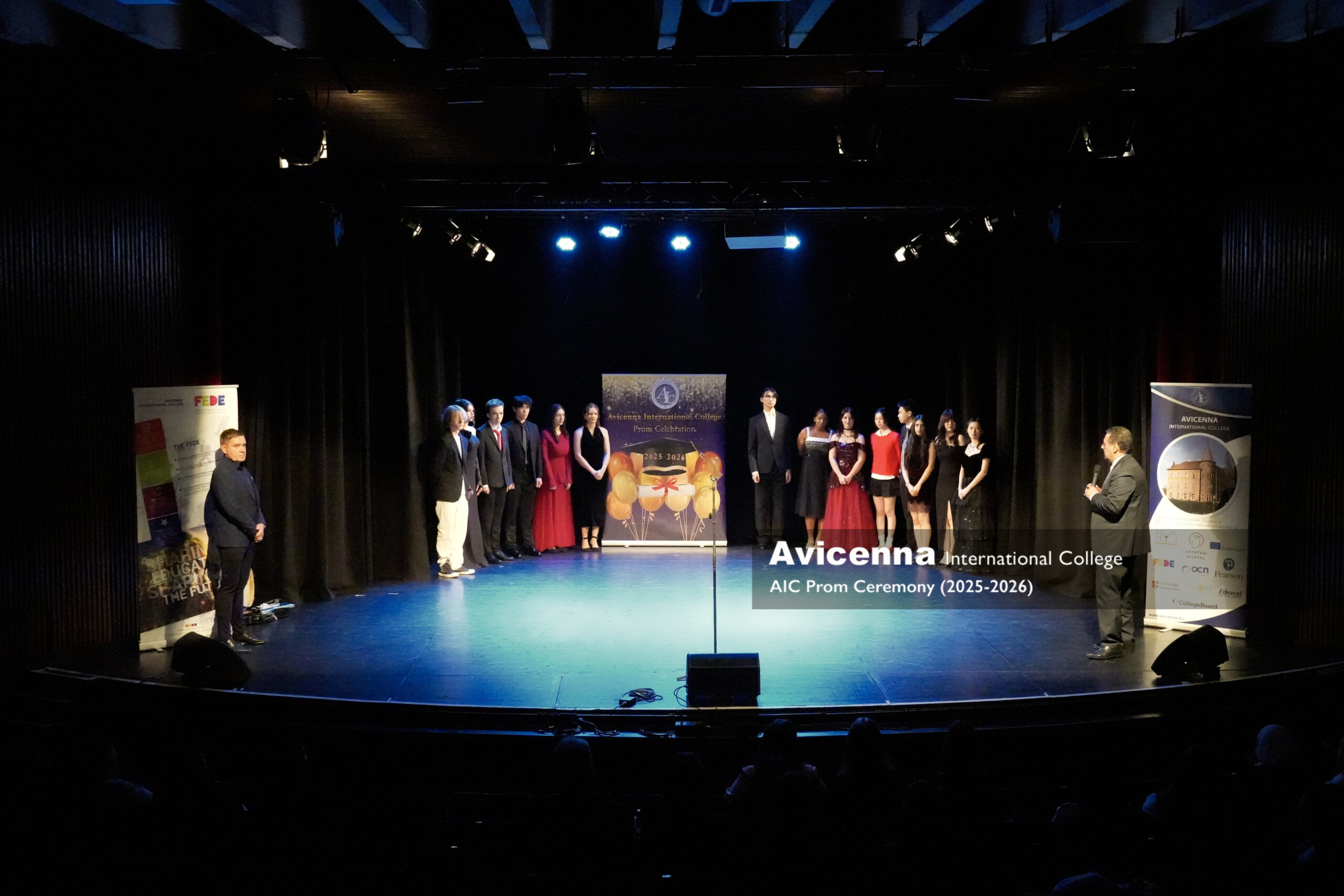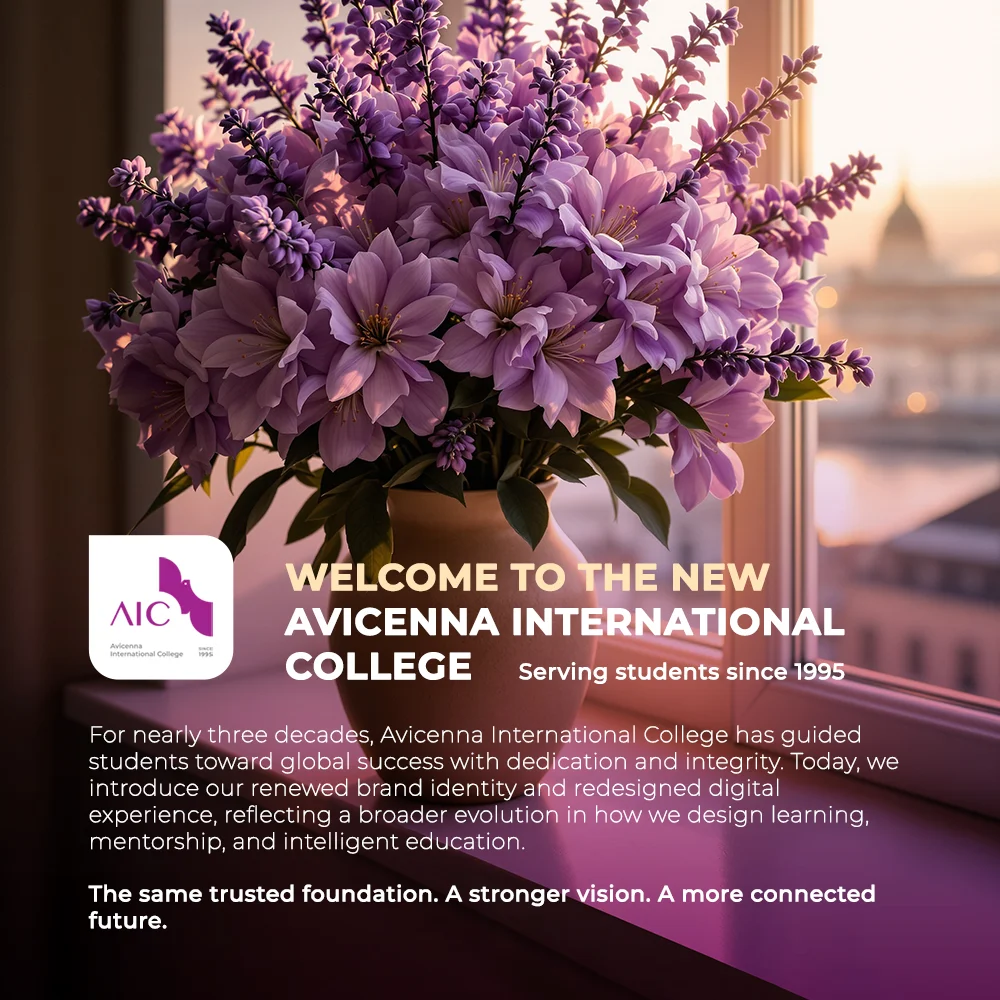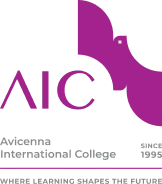Digital Game-Based Learning & Augmented Reality for Schools
Between 15th to 20th of August 2022, I participated in a training course offered by Europass Teacher Academy in Barcelona, Spain supported by Erasmus+. On the first day, we met each other along with our Irish trainer, Matt Johnston, and every participant had the chance to present about themselves, their school and country in any format that they had prepared. The participants were from different countries including Bulgaria, Poland, Romania, Germany and Hungary adding up to 12 individuals altogether which was the maximum number of a group to have.
We were reminded about a tour that was included in our mobility experience offered by the institution which was going to be on Wednesday and also we were given a list of touristic sites which we were entitled to pick one and receive a voucher for our choice.
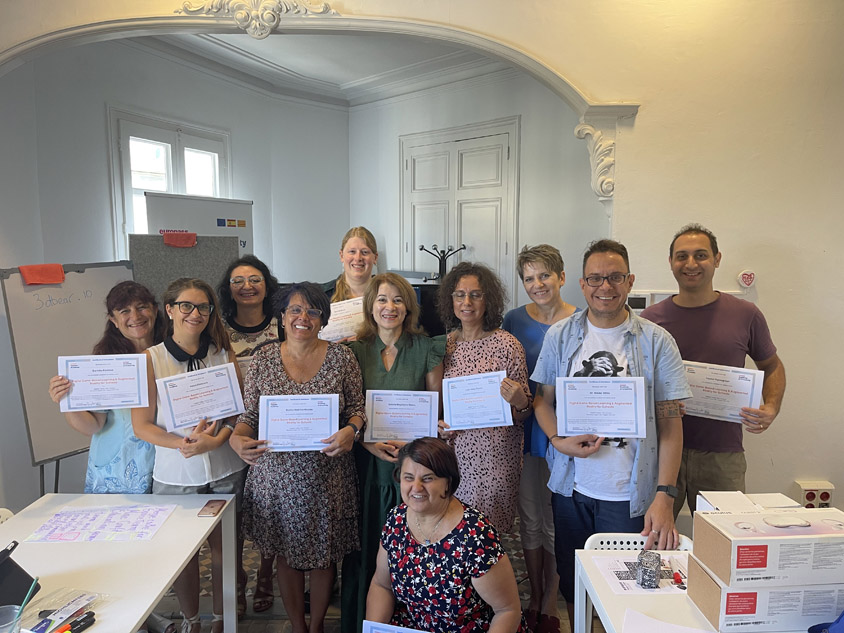
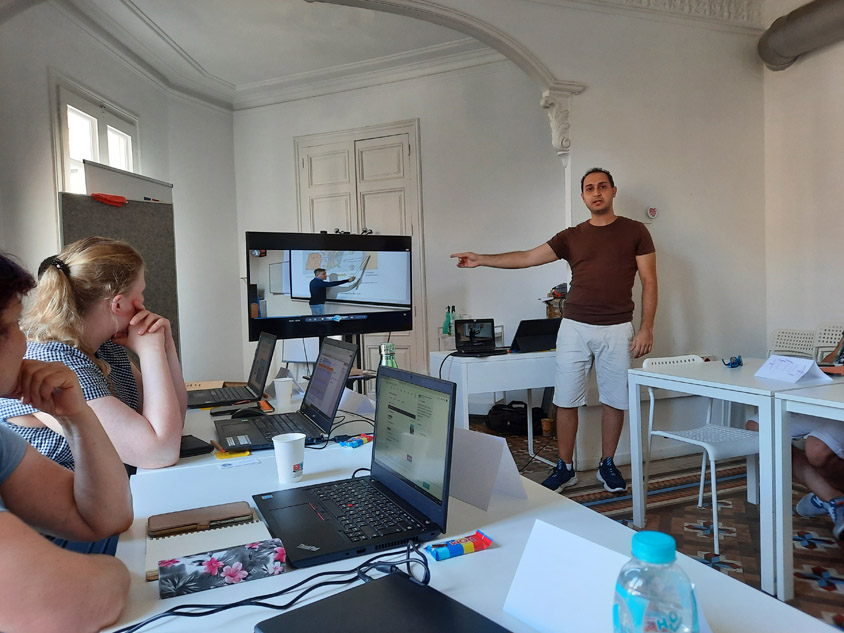
As the title of the course makes it clear, Matt made sure that every one of us likes to play games or at least had played in his lifetime, so he asked us to list what digital games we had played up till now. He introduced to us Plickers and demonstrated how it can be used for in class activities which I found quite cool.On the second day, he introduced us to some games that I am not sure if they can be useful in class atmosphere like Osmos, This was of mine, Life after, Alice is missing; however, Minecraft was more focused on to be more useful game for teaching since it also includes some subject specific lesson plans. On day 3, we tried another game which is called Spaceteam where you need to order things and at the same time you have to listen to others.
It was quite challenging to play this game since it requires from you to be a good listener and also to have leading personality. He explained the difference between gamification, which we did all our lives consciously or unconsciously, and game-based learning. Alternate reality games were later introduced, like World without oil, I love bees, Perplex city, Cloverfield and De profundis where students are given tasks to write a letter to another person which is happening in a specific time in history.
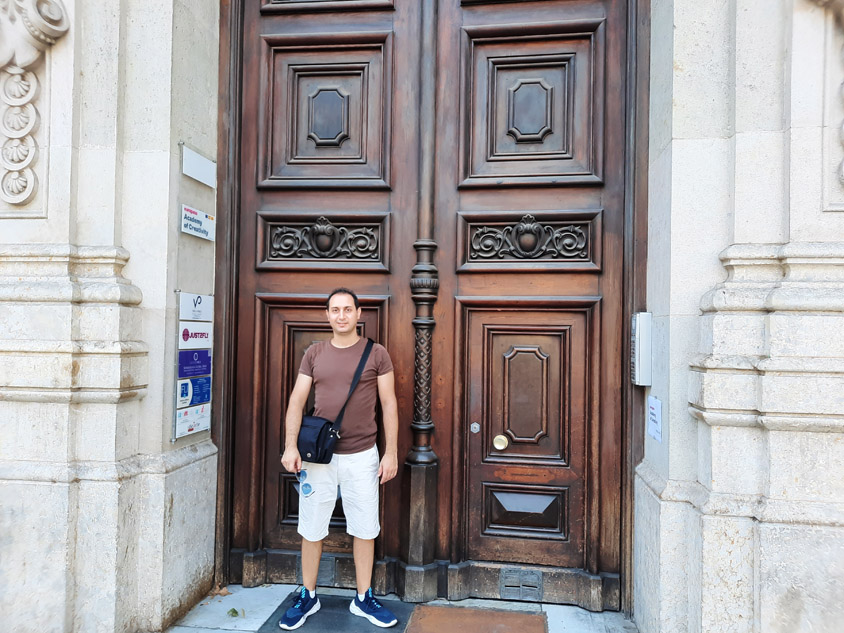
Micro bit was another tech gadget that we experimented with which allows someone to start programming even with no knowledge in that field what so ever. This can be useful in IT classes or students who are involved in robotics. Many other resources was shared with us like, Sheppard software, PBS Kids Games, National Geographic Kids, Funbrain and others. The most interesting day for me was definitely the 4th one since we got the chance to try VR goggles and were also introduced to AR. This part I found quite beneficial for my teaching since this technology allows students to have fun and at the same time study without realizing. However, the cost of such gadgets are quite high if you want to get the high quality ones. The last day, we were shown how 3D scanning apps work like Merge and Object viewer which can make the learning process more enjoyable for students. We were given a task also on this day to prepare a presentation showing how do we plan to use what we learned in our classrooms. Finally, we received our well deserved certificates and took group photo as a nice memory. I thank all who made this experience possible.
This mobility was funded by the European Commission.
The information presented here does not necessarily reflect the views of the European Commission.
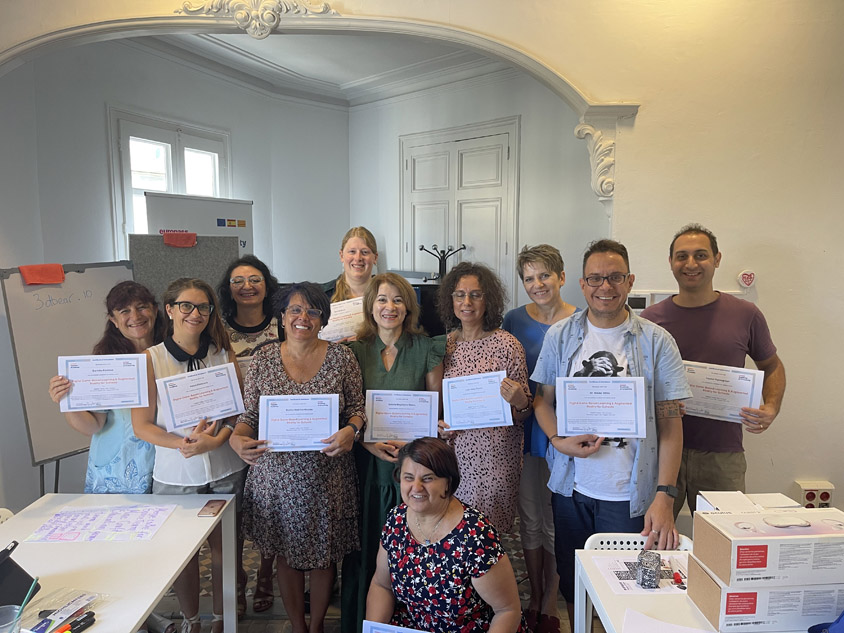
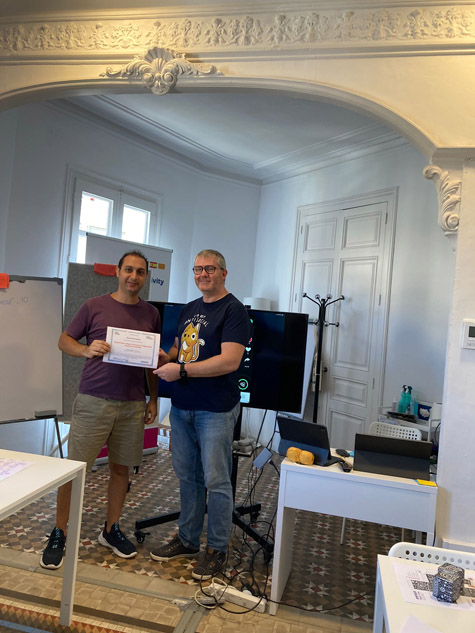
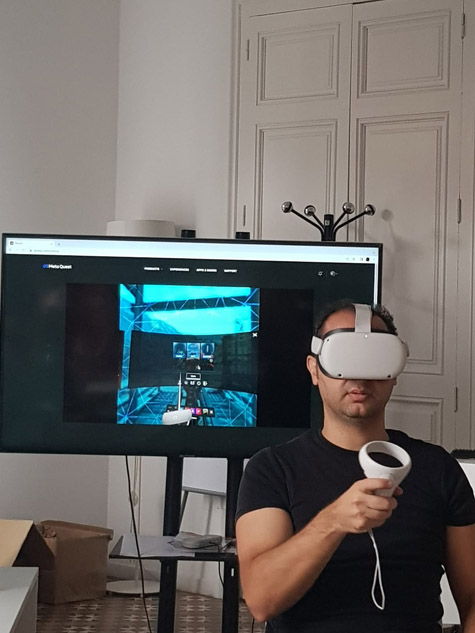
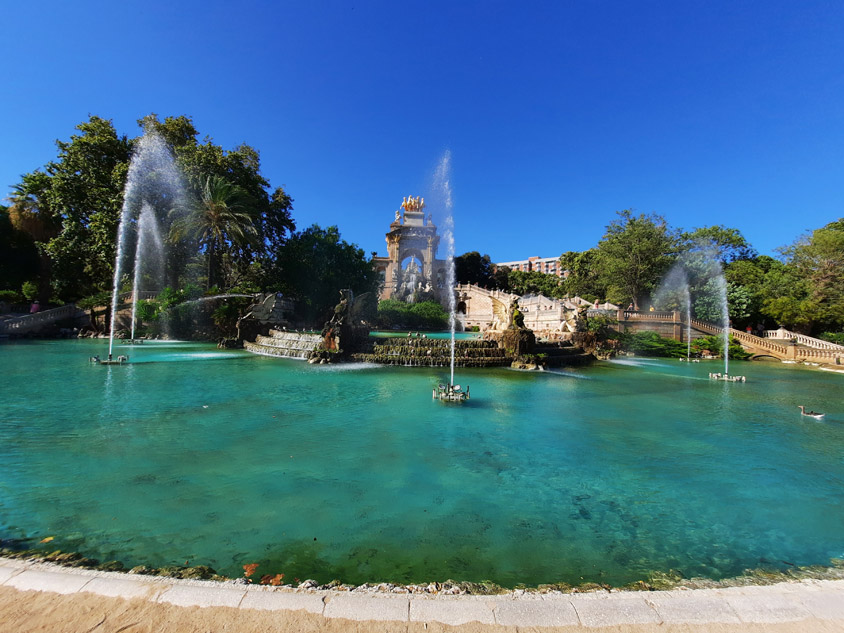
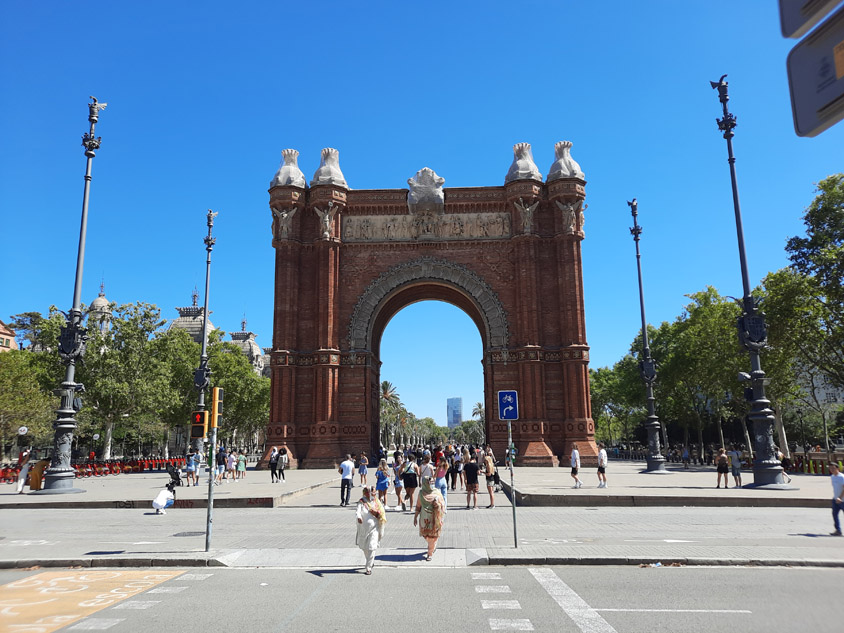
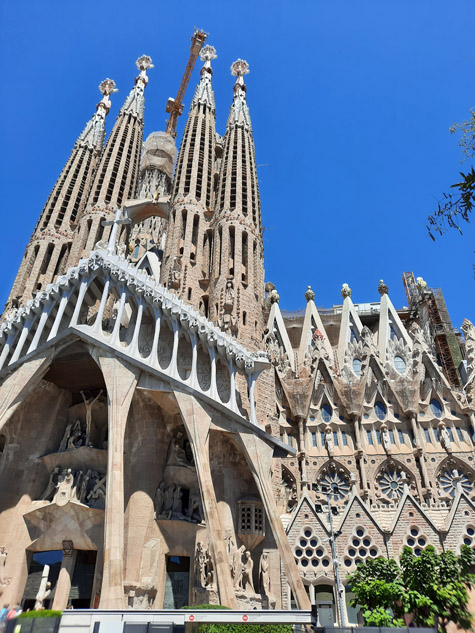
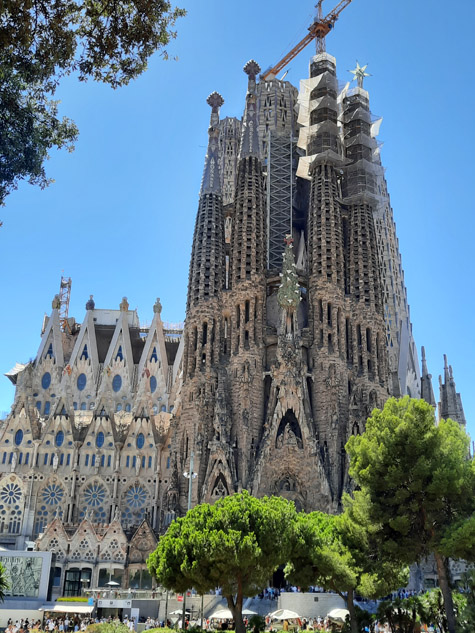
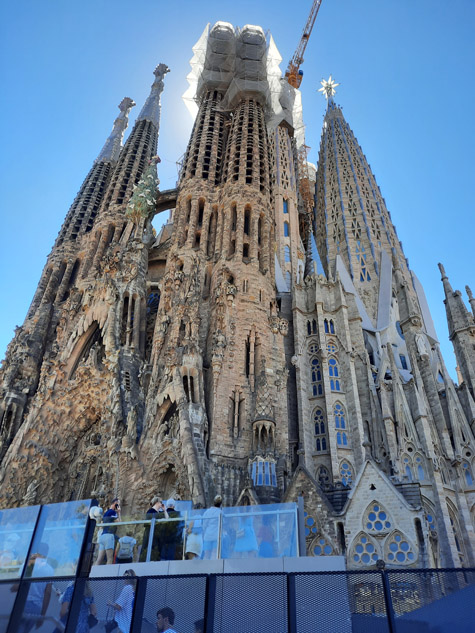
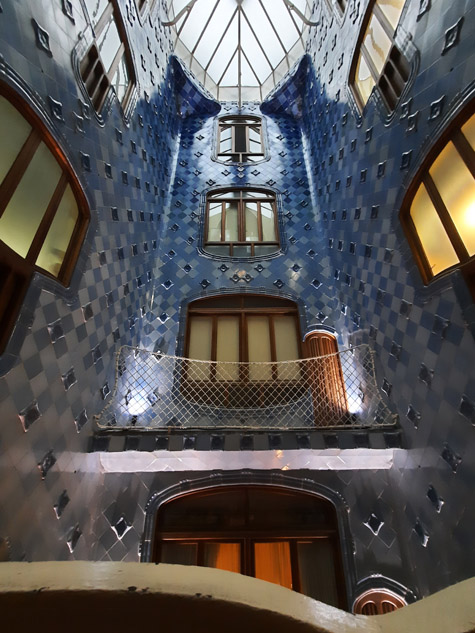
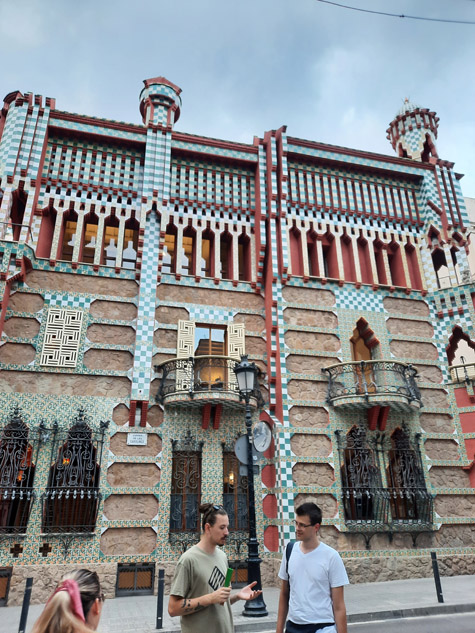
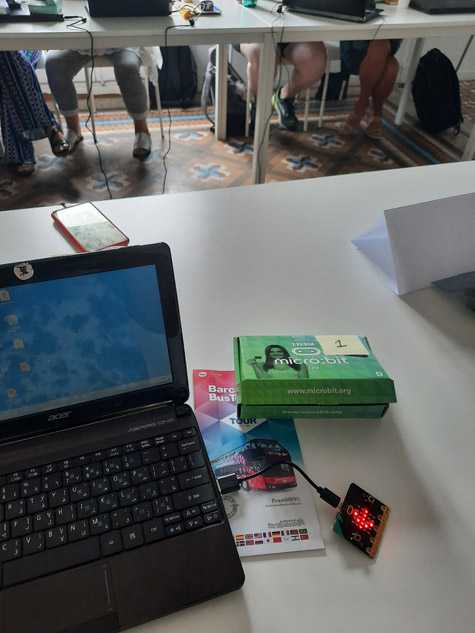
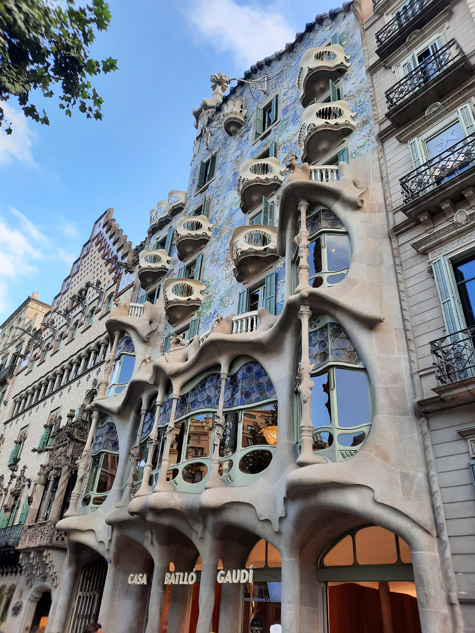
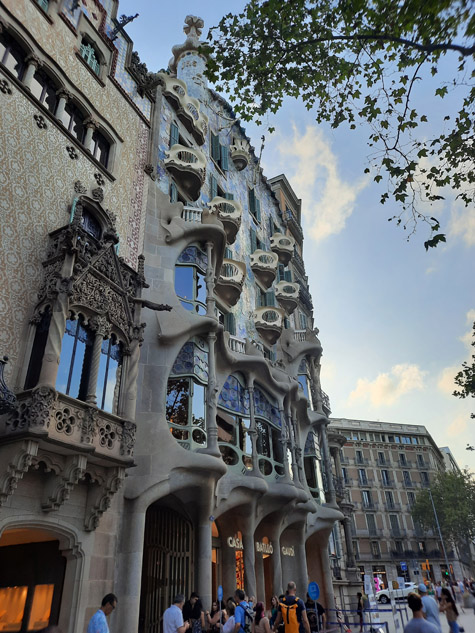
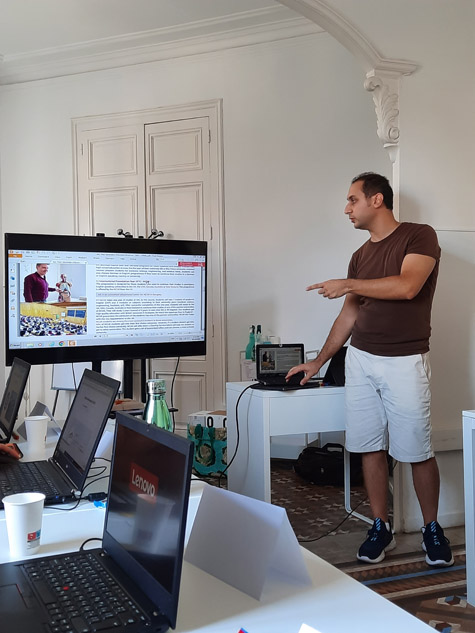
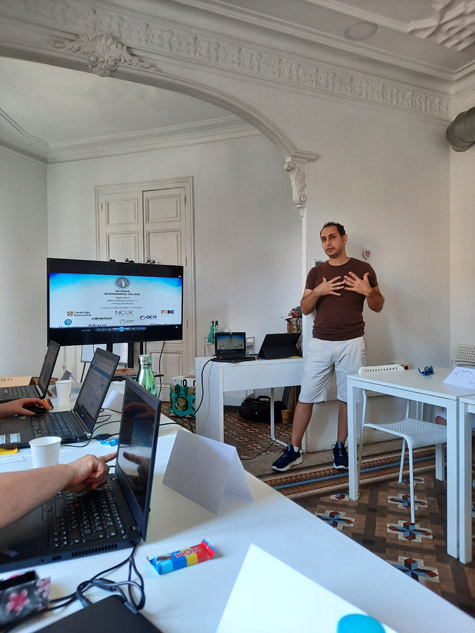
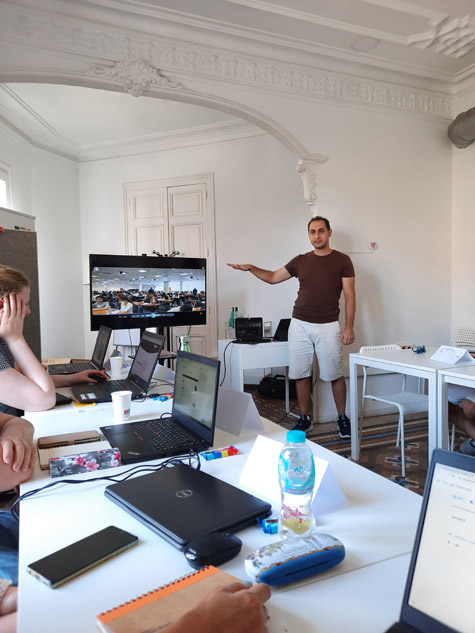
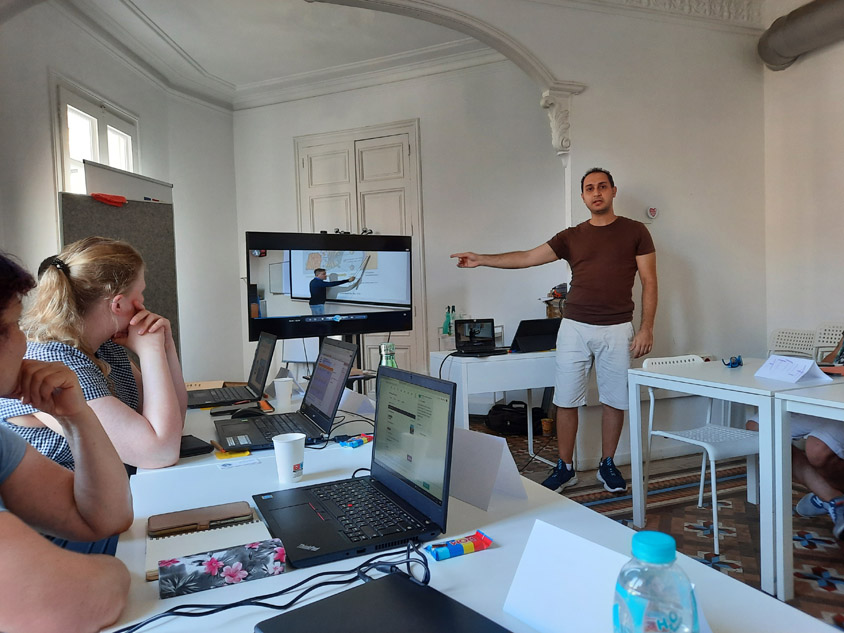
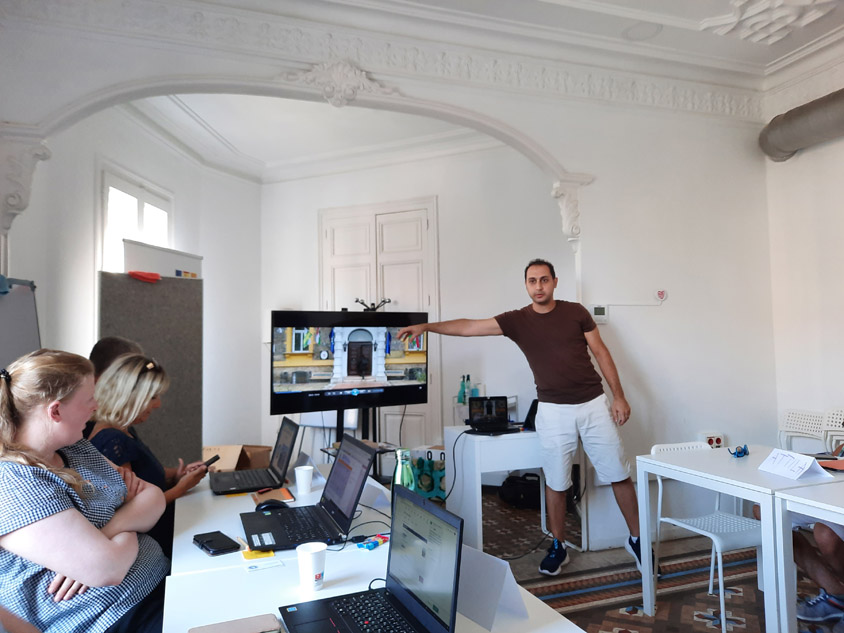
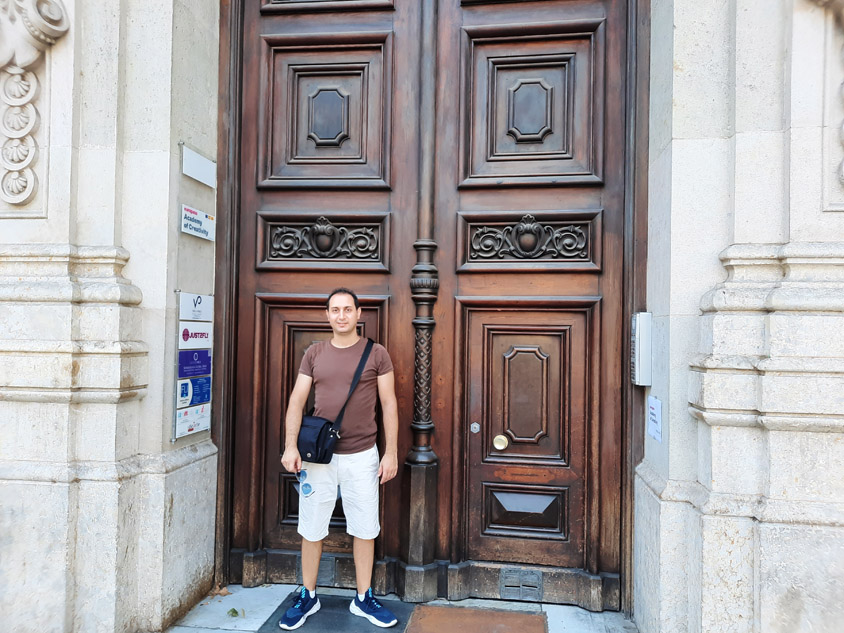 Harout ParseghianBiology Teacher, IGCSE/IAL Exams Coordinator
I am Harout Parseghian, a biology teacher for Avicenna Medical Foundation Program students and for some High School Program classes at AIC. I also hold the position of an Examination Officer for the International A Levels offered by the Pearson Edexcel examination board. In the AMFP classes, my main aim is to help students who are from different backgrounds, age groups, and potentials to reach to mastering knowledge and understanding so they can perform well in their entrance exams for medical universities. To accomplish this goal, I routinely use animations that can enhance their understanding and at a later stage let them practice explaining some topics themselves since that is the best way to recall when they would have their interviews. As for High School program students, whenever possible I try to introduce practical sessions to make the lesson more fun and memorable from using microscopes, performing dissection among others. My motto in teaching is to go down to whatever level a pupil has and through cooperation help the student rise to higher levels which would guarantee success.
Harout ParseghianBiology Teacher, IGCSE/IAL Exams Coordinator
I am Harout Parseghian, a biology teacher for Avicenna Medical Foundation Program students and for some High School Program classes at AIC. I also hold the position of an Examination Officer for the International A Levels offered by the Pearson Edexcel examination board. In the AMFP classes, my main aim is to help students who are from different backgrounds, age groups, and potentials to reach to mastering knowledge and understanding so they can perform well in their entrance exams for medical universities. To accomplish this goal, I routinely use animations that can enhance their understanding and at a later stage let them practice explaining some topics themselves since that is the best way to recall when they would have their interviews. As for High School program students, whenever possible I try to introduce practical sessions to make the lesson more fun and memorable from using microscopes, performing dissection among others. My motto in teaching is to go down to whatever level a pupil has and through cooperation help the student rise to higher levels which would guarantee success.

